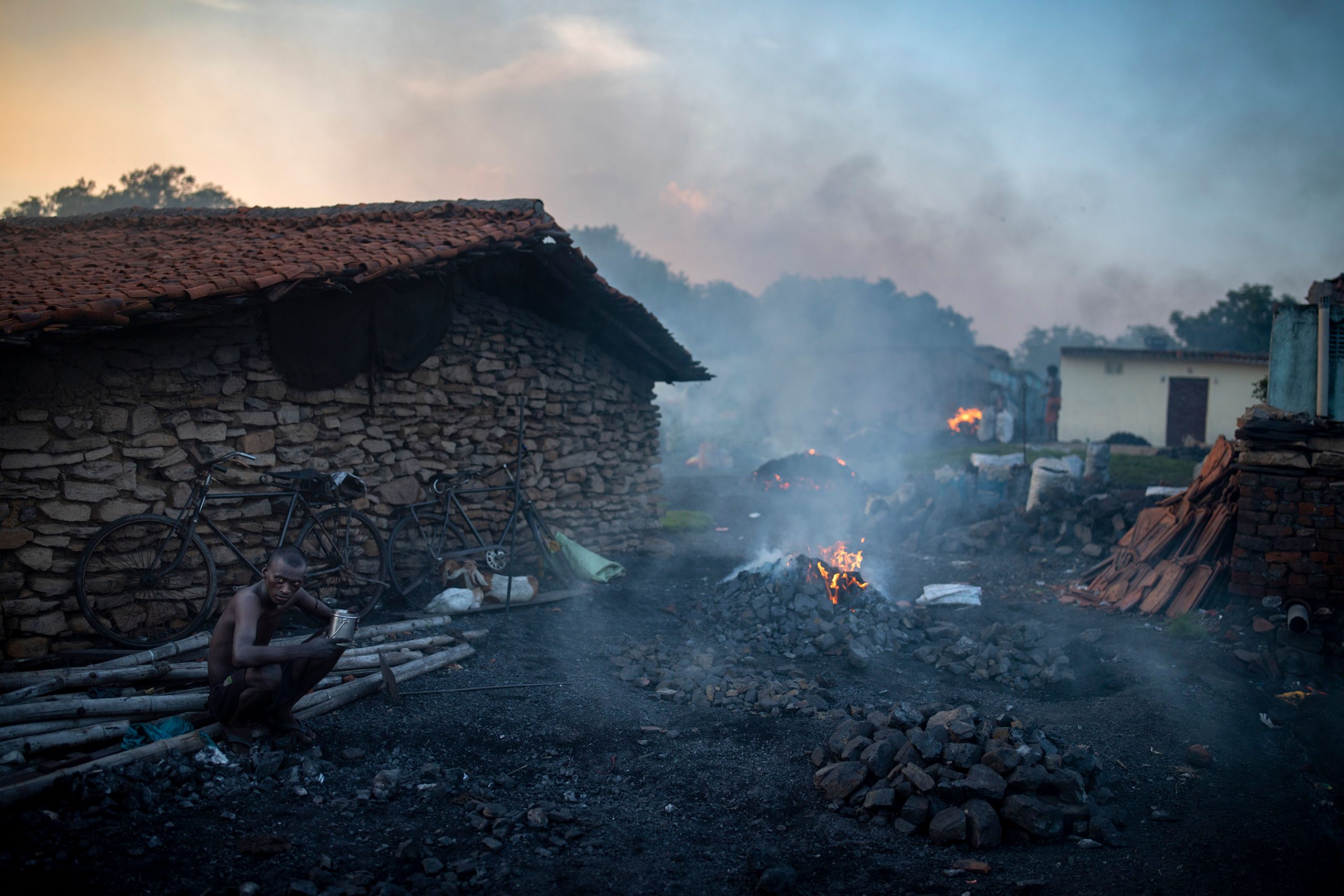COP26 chairperson and
British minister Alok Sharma, who was on the verge of tears while releasing the
Glasgow climate pact, said that the actions of India and China on coal had left
him frustrated and the countries will have to “explain themselves to poor
nations”. China and India are two of the world’s most populous nations and as
such are among the highest emitters of greenhouse gases.
Also Read | Explained: Why is quitting coal becoming quite a challenge
Talking about the
significance of doing away with the use of coal, Sharma told the Guardian, “We
are on the way to consigning coal to history. This is an agreement we can build
on. But in the case of China and India, they will have to explain to
climate-vulnerable countries why they did what they did.”
Also Read | COP26: Key takeaways from the new UN climate deal
At the centre of
the controversy is India and China’s demand to water down a phrase about
phasing out coal in the Glasgow climate summit. In the closing stages of the
COP26 summit, as countries were readying to agree on draft proposal that called
for a gradual phasing out of coal, India raised objection.
Also Read | US climate envoy backs draft climate deal amid India’s pushback on coal
India and China
proposed that instead of pledging a complete phasing out of coal, the slightly
weaker “phase down” be used, which implies that signatories could still carry on
using coal in some way. The pledge made in the Glasgow climate summit does not
come with a deadline, but is considered significant because this is the first
time such a resolution has been agreed to by a UN climate conference.
The proposal was
accepted because, according to Alok Sharma, he thought that otherwise the world
may end up with no deal at all. “We would have lost two years of really hard
work, and would have ended up with nothing to show for it for developing
countries.”
Meanwhile, British
Prime Minister Boris Johnson said that even the weakened wording in the Glasgow
climate pact sounded “the death knell for coal power”. “The conference marked
the beginning of the end for coal. For the first time ever, the conference
published a mandate to cut the use of coal power,” Johnson said at a press
conference in Downing Street.
He did add,
however, that his “delight at the progress” was tinged with disappointment as some
countries were not willing to “go there” to a high level of ambition at the summit.
“We can lobby, we can cajole, we can encourage, but we cannot force sovereign nations
to do what they do not wish to do,” Johnson said.







